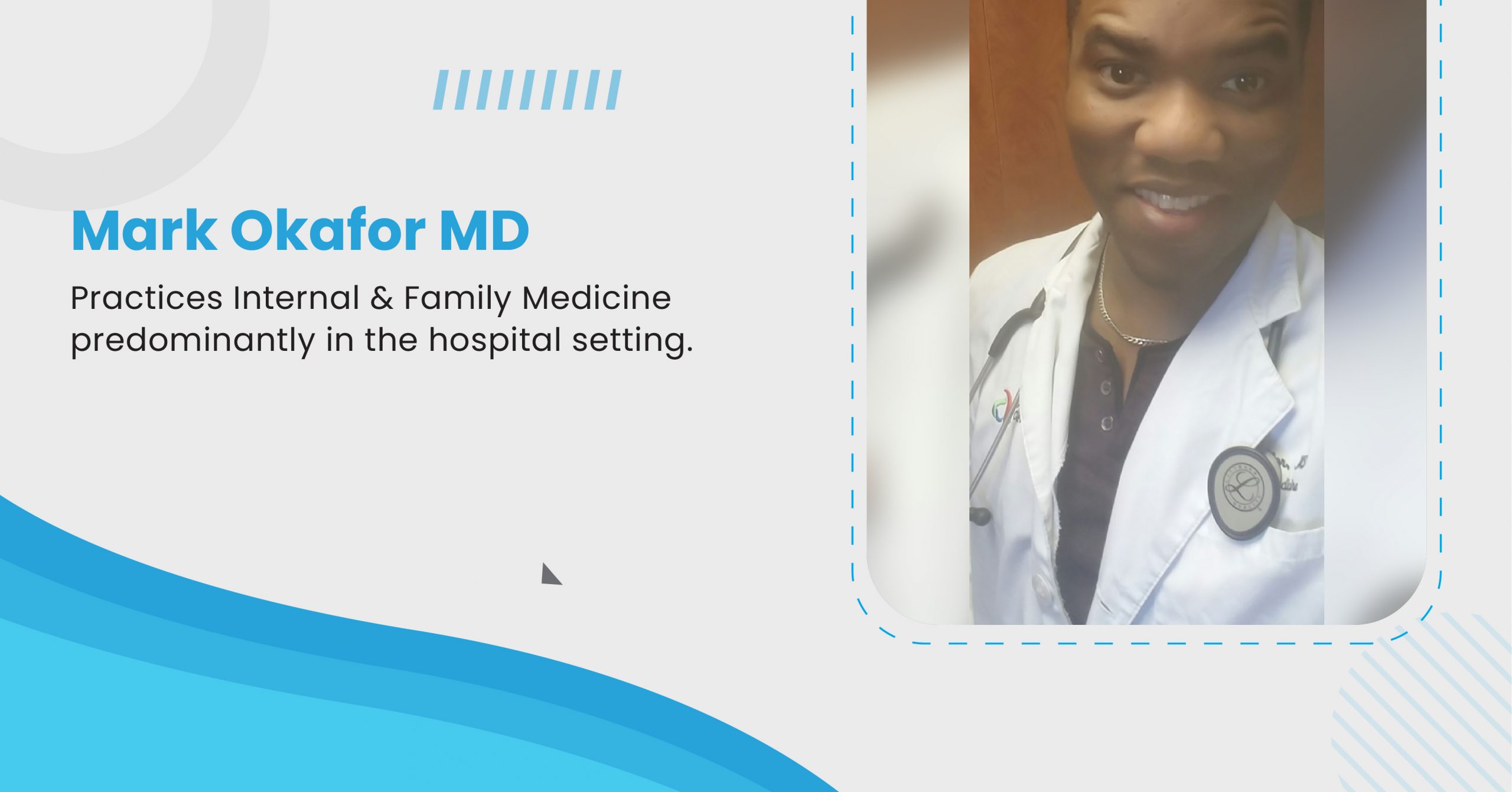
Preventative care is the cornerstone of family medicine, focusing on preventing diseases and health issues before they become significant problems. This proactive approach not only improves patient outcomes but also reduces healthcare costs by avoiding expensive treatments for advanced conditions. Family medicine practitioners play a critical role in delivering preventative care, utilizing their comprehensive knowledge of patients’ medical histories, lifestyles, and family dynamics to offer personalized care. In this article, we explore the various aspects of preventative care in family medicine practice, highlighting its importance, key strategies, and the benefits it offers to patients and the healthcare system.
The Importance of Preventative Care
Preventative care encompasses a wide range of practices, from vaccinations and screenings to lifestyle counseling and chronic disease management. The primary goal is to identify and address potential health issues early, preventing the onset of diseases or managing them before they become severe. For family medicine practitioners, this approach is particularly effective due to their long-term relationships with patients, allowing them to track health changes over time and tailor interventions accordingly.
Preventative care is crucial because it shifts the focus from treating illnesses to maintaining overall health and well-being. This not only enhances the quality of life for patients but also reduces the burden on healthcare systems. By preventing diseases, healthcare providers can avoid the high costs associated with treating advanced illnesses, leading to significant savings for both patients and the healthcare infrastructure.
Key Strategies in Preventative Care
Routine Screenings and Immunizations
Routine screenings and immunizations are foundational elements of preventative care. Family medicine practitioners recommend and administer vaccinations to protect against infectious diseases, such as influenza, measles, and pneumonia. They also conduct regular screenings for conditions like hypertension, diabetes, high cholesterol, and certain cancers. Early detection through these screenings allows for timely interventions, which can prevent the progression of diseases and improve patient outcomes.
Chronic Disease Management
Managing chronic diseases is another critical aspect of preventative care in family medicine. Conditions such as diabetes, asthma, and cardiovascular diseases require ongoing monitoring and management to prevent complications. Family physicians work closely with patients to develop comprehensive care plans that include medication management, lifestyle modifications, and regular check-ups. This continuous care helps patients maintain optimal health and prevent exacerbations of their conditions.
Lifestyle and Behavioral Counseling
A significant component of preventative care involves counseling patients on healthy lifestyle choices. Family medicine practitioners provide guidance on nutrition, exercise, stress management, and smoking cessation. These lifestyle factors play a pivotal role in preventing a wide range of health issues, from obesity and heart disease to mental health disorders. By encouraging healthy behaviors, family physicians empower patients to take control of their health and reduce their risk of developing chronic conditions.
Preventative Services for All Ages
Preventative care in family medicine spans all ages, from pediatric to geriatric patients. For children and adolescents, preventative services include vaccinations, growth monitoring, and developmental screenings. For adults, focus areas include cancer screenings, cardiovascular risk assessments, and reproductive health. In older adults, preventative care emphasizes maintaining functional independence, managing chronic illnesses, and preventing falls and fractures. This comprehensive approach ensures that patients receive age-appropriate care throughout their lives.
The Benefits of Preventative Care
The benefits of preventative care in family medicine are manifold. First and foremost, it leads to improved patient outcomes by preventing diseases or catching them early when they are most treatable. For example, early detection of cancer through screenings can significantly increase survival rates. Similarly, managing hypertension and diabetes can prevent complications like heart attacks and strokes, which are leading causes of morbidity and mortality.
Preventative care also enhances the patient-doctor relationship. By engaging in regular check-ups and discussions about health maintenance, patients develop trust in their family physicians. This strong relationship fosters open communication, making it easier for patients to discuss sensitive health issues and adhere to medical advice.
Moreover, preventative care contributes to the overall efficiency of the healthcare system. By reducing the incidence of severe health conditions, it lessens the need for expensive treatments and hospitalizations. This, in turn, alleviates the financial burden on both patients and healthcare providers, making healthcare more accessible and sustainable.
Challenges and Future Directions
Despite its many benefits, implementing preventative care in family medicine faces challenges. These include limited access to healthcare services, patient compliance issues, and varying levels of health literacy among patients. Additionally, there is often a lack of adequate reimbursement for preventative services, which can discourage healthcare providers from prioritizing these measures.
Looking forward, advancements in technology and data analytics offer promising avenues for enhancing preventative care. The use of electronic health records (EHRs) and telemedicine can improve patient tracking and follow-up, ensuring that preventative measures are consistently applied. Moreover, personalized medicine, which tailors healthcare to individual genetic profiles, can further refine preventative strategies.
Preventative care in family medicine is an essential practice that promotes overall health, prevents diseases, and reduces healthcare costs. Through routine screenings, chronic disease management, lifestyle counseling, and age-specific care, family physicians play a vital role in maintaining their patients’ well-being. While challenges exist, the continued focus on preventative care, coupled with technological advancements, holds the promise of a healthier future for all. As the healthcare landscape evolves, the emphasis on prevention will only grow, reaffirming the importance of family medicine in our healthcare system.